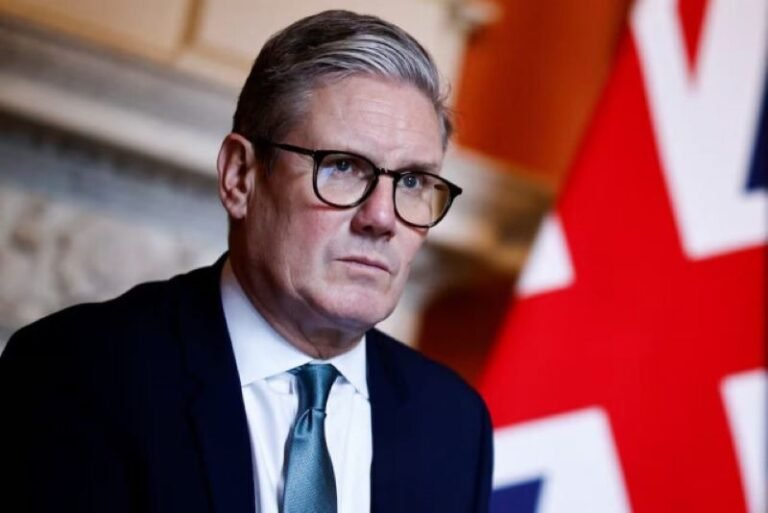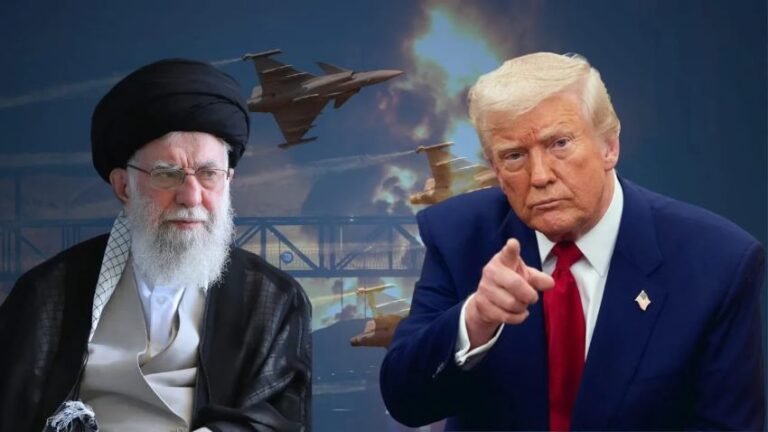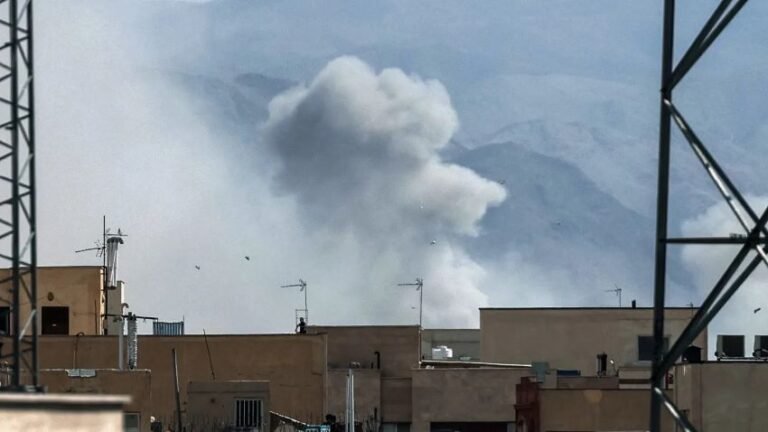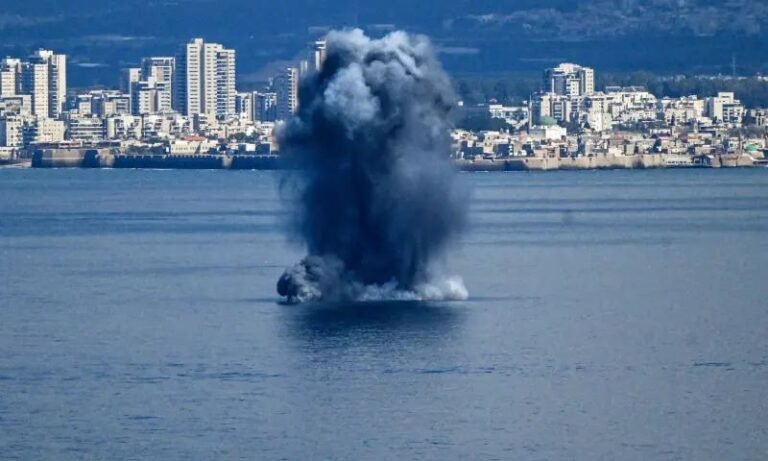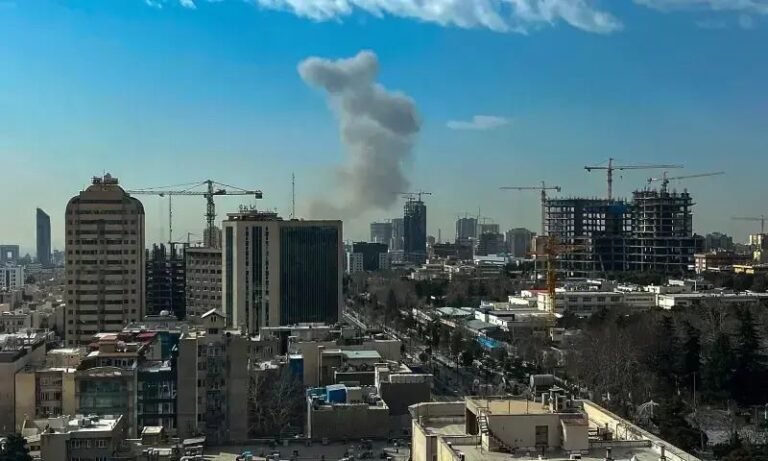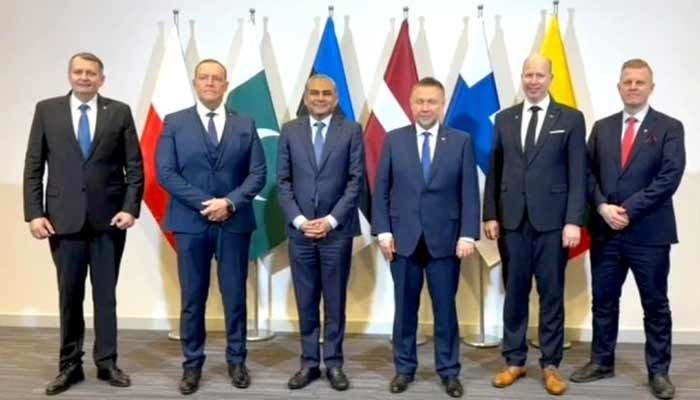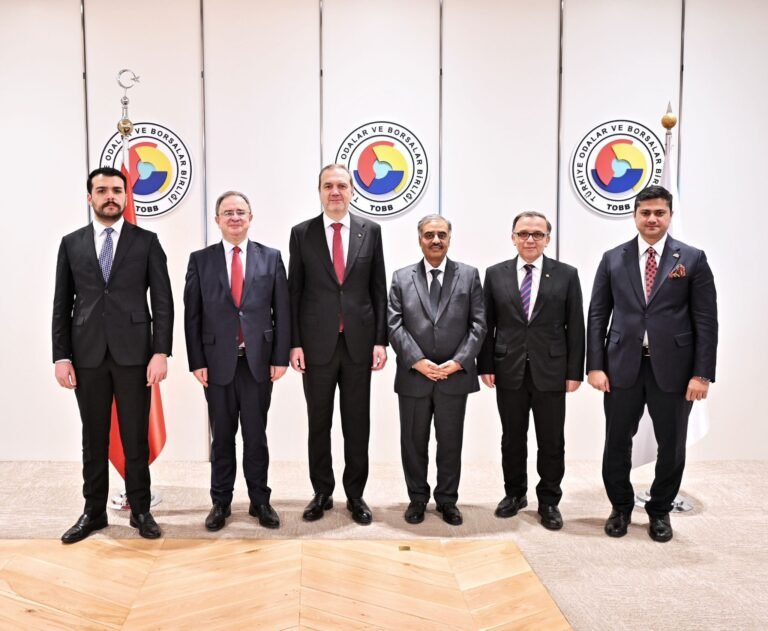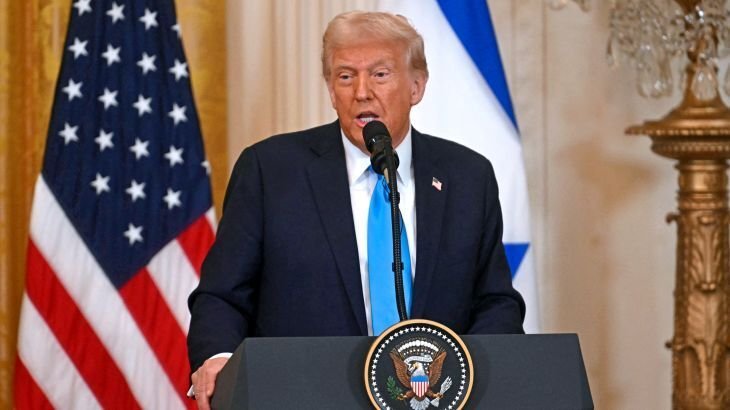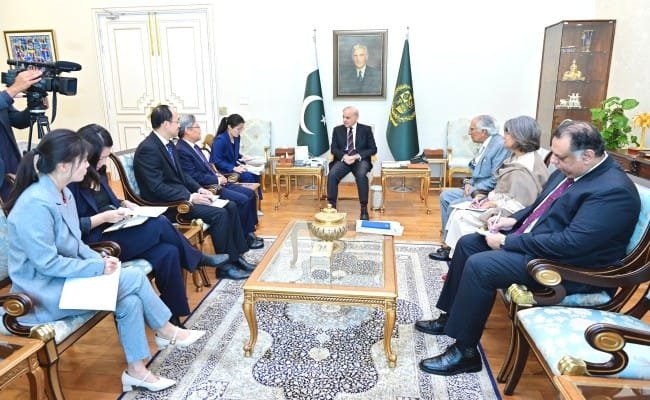Kyiv, 28 February 2022 (TDI): Ukraine has signed the document for membership in the European Union (EU). The news was shared by Lesia Vasylenko, Ukrainian Member of Parliament on her official Twitter handle.
In her tweet, Lesia Vasylenko shared a picture of the decree signed by the President of Ukraine, Volodymyr Zelenskyy so as to expedite the country’s EU membership.
The Decree of the President of Ukraine to expedite #Ukraine #EU membership #Ukraine_EU pic.twitter.com/Hm1xVQvBmt
— Lesia Vasylenko (@lesiavasylenko) February 28, 2022
Earlier, last week, on 24th February, Russia launched a military operation in Ukraine at the behest of its Security Council that convened a day before. Prior to this, a day before, Russia also recognized the Republics of the Luhansk and Donetsk, much to the West’s chagrin.
The Donetsk and Luhansk are a part of the Donbas region that is pro-Russia territory. Recently, Western countries had been alleging Russia about troops’ deployment on the border of Ukraine.
However, Russia had been denying the allegations by claiming that it has no intention to invade Ukraine. One of the main issues of contention between Russia and the EU/US is NATO’s beefed-up defenses in northeastern Europe and Ukraine’s intent to join NATO.
Another issue had been Ukraine’s eventual membership in the EU. A series of negotiations were held between Russian and Western counterparts to avert escalation. Though, that indelibly failed.
According to Russian Foreign Minister, Sergey Lavrov, Russia’s stance regarding Ukraine is a matter of principle. In this context, Russian President Vladimir Putin stated that if attempts to come to terms on mutually acceptable principles fail, Russia will adopt an appropriate response.
On the contrary, the Ukrainian authorities had been alerting the world about a possible invasion. Throughout 2021 and 2022, Russia and the West had been engaged in a diplomatic tussle related to Ukraine.
The West kept accusing Russia of a military buildup on the border of Ukraine whilst Russia kept objecting to NATO’s expansionist agenda that is considered a threat to its strategic security. Consequently, tensions escalated between the two countries and led to strained bilateral relations.
Moreover, despite the United States and EU sending strong messages to warn Russia, the threat of economic isolation couldn’t deter Russia to compromise on what it considers its national interest.
I'm a detail-oriented, problem-solving, persistent multitasker. Having a magna cum laude MSc. in Strategic Studies from National Defense University, Pakistan, I believe in peaceful discourse & dialogue and have built my interest in nontraditional security threats.
I am an experienced writer with a primary focus on public policy, environmental security, nuclear strategy, and geopolitics!
- Zubeda Anjum Niazi
- Zubeda Anjum Niazi
- Zubeda Anjum Niazi
- Zubeda Anjum Niazi




